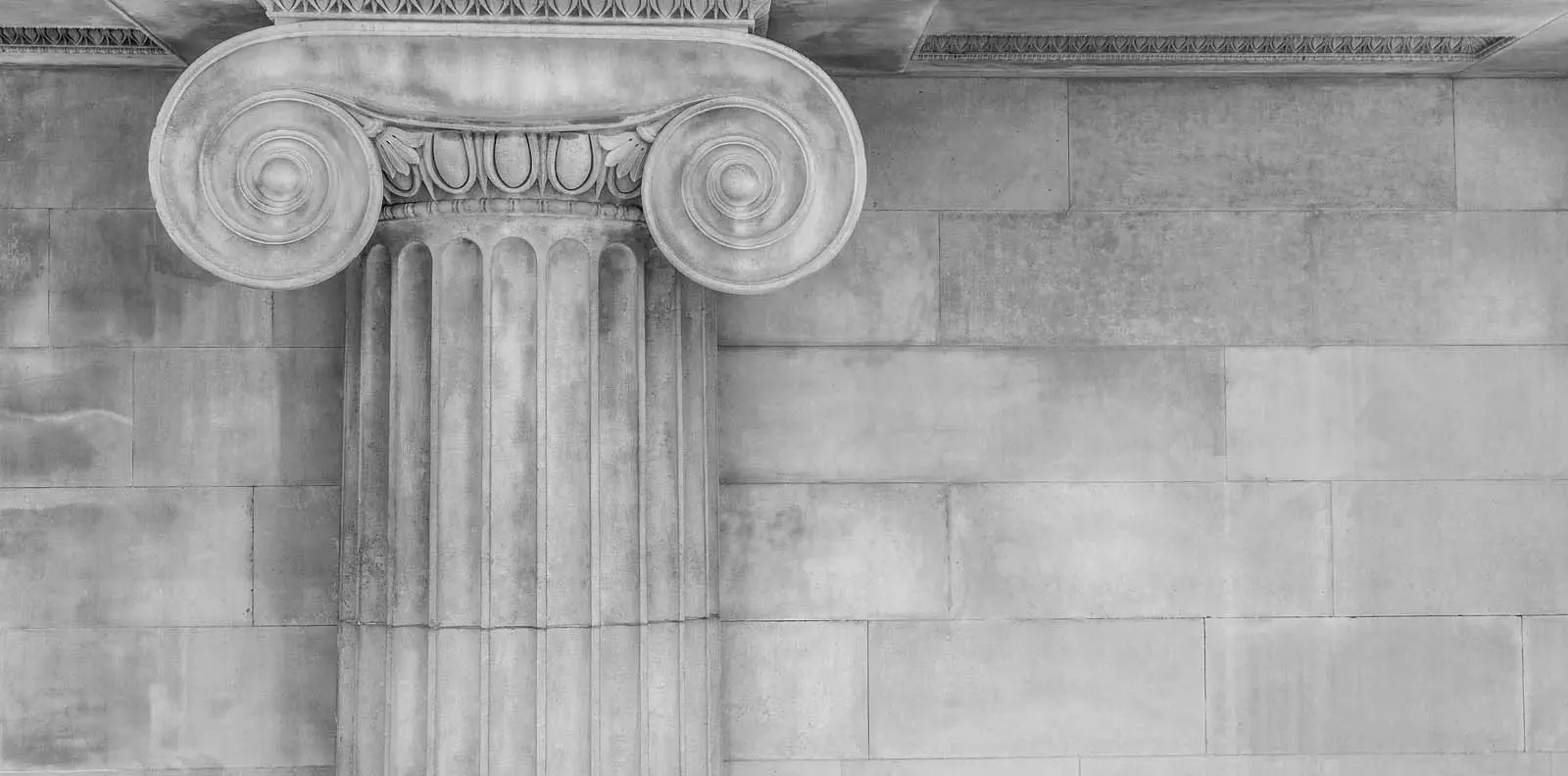Facing a DWI (Driving While Intoxicated) charge in Buffalo, NY, can lead to numerous questions about the implications for your future and how to handle the situation legally. At Trbovich Law Firm, we understand the confusion and stress that can accompany such charges. Here, we provide answers to some of the most frequently asked questions about DWI charges in Buffalo, NY, to help clarify your situation and your next steps.

What constitutes a DWI charge in Buffalo, NY?
In Buffalo, as in all of New York State, a person is considered to be driving while intoxicated if they operate a vehicle with a Blood Alcohol Concentration (BAC) of 0.08% or higher. For commercial drivers, the limit is lower at 0.04%. Underage drivers (those under 21) may face charges under the Zero Tolerance Law with a BAC of 0.02% to 0.07%.
What are the penalties for a DWI in Buffalo?
The penalties for a DWI in Buffalo can vary depending on the specifics of the case, such as the driver's BAC, any prior offenses, and whether the incident involved an accident or injuries. Generally, penalties may include:
- First Offense: Fines between $500 and $1,000, up to 1 year in jail, and a minimum 6-month license revocation.
- Second Offense (within 10 years): Fines between $1,000 and $5,000, up to 4 years in jail, and a minimum 1-year license revocation.
- Third Offense (within 10 years): Considered a felony with fines between $2,000 and $10,000, up to 7 years in jail, and a minimum 1-year license revocation.
Can I refuse a breathalyzer test?
Yes, you can refuse a breathalyzer test, but this refusal carries its own consequences, including an immediate license suspension for at least one year and a fine. This is due to New York's implied consent law, which stipulates that by driving on New York roads, you have consented to chemical testing if suspected of DWI.
How can a DWI lawyer help me?
A DWI lawyer can provide essential assistance by:
- Evaluating the circumstances of your arrest to identify any potential rights violations or procedural errors.
- Handling negotiations with prosecutors to potentially reduce charges or penalties.
- Representing you in court, presenting your case, and arguing on your behalf.
- Advising you on compliance with all legal requirements, such as DMV hearings and court appearances.
What defenses are available for a DWI charge?
Several defenses might be applicable in your DWI case:
- Questioning the validity of the traffic stop: Your lawyer can argue that the stop lacked legal justification.
- Challenging the accuracy of the BAC testing: This could involve questioning the calibration and maintenance of the breathalyzer device or the administration of the test.
- Procedural errors: Any mistakes made during your arrest or processing could provide grounds for defense.
What should I do immediately after being charged with a DWI?
After being charged with a DWI:
- Contact a qualified DWI lawyer immediately: Legal experience is crucial in navigating DWI charges.
- Document everything: Note down everything you remember about your arrest, including what you ate or drank before driving, the reason given for the traffic stop, and how the field sobriety tests were conducted.
- Follow legal advice strictly: Attend all court dates and comply with all court orders, including restrictions on driving.
What happens if I am a repeat DWI offender in Buffalo, NY?
Repeat DWI offenses in New York are treated with increased severity and result in harsher penalties. For a second DWI offense within 10 years, it is considered a Class E felony, potentially leading to fines from $1,000 to $5,000, a jail term of up to 4 years, and a license revocation for at least one year. A third DWI offense within 10 years elevates the charge to a Class D felony, with even steeper fines and up to 7 years in prison.
Are there different types of DWI in New York?
Yes, New York law distinguishes between several types of alcohol and drug-related driving offenses:
- DWI: Driving While Intoxicated; BAC of 0.08% or higher or other evidence of intoxication.
- Aggravated DWI: BAC of 0.18% or higher.
- DWAI/Alcohol: Driving While Ability Impaired by alcohol; BAC more than 0.05% but less than 0.07%.
- DWAI/Drugs: Driving While Ability Impaired by a single drug other than alcohol.
- DWAI/Combination: Driving While Ability Impaired by a combination of alcohol and drugs.
How long will a DWI stay on my record in New York?
In New York, a DWI conviction will remain on your driving record permanently. However, for purposes of enhancing penalties on subsequent offenses, it will count for 10 years. Having a DWI on your record can impact your insurance rates and job prospects, particularly if a clean driving record is a requirement for employment.
What is an ignition interlock device and will I have to use one?
An ignition interlock device (IID) is a breathalyzer for an individual's vehicle. It requires the driver to blow into the device before starting the vehicle. If any alcohol is detected in the driver's breath, the vehicle will not start. In New York, the court is required to order all drivers convicted of a misdemeanor or felony DWI to install and maintain an IID on any vehicle they own or operate for at least six months.
Can I drive in other states if my license is suspended in New York for a DWI?
Typically, if your license is suspended in New York due to a DWI, you will not be legally allowed to drive in other states. Most states have reciprocal agreements through the Driver License Compact, which means they honor the license suspensions of other states. It's important to respect the terms of your suspension fully to avoid further penalties.
What impact does a DWI have on my life beyond legal penalties?
A DWI conviction can have widespread effects on your life. Beyond the immediate legal penalties, it can impact your ability to secure employment, particularly if driving is a significant part of the job. It may also affect your car insurance rates, which will likely increase substantially. Additionally, there can be social stigma and personal relationships may also suffer due to a DWI conviction.
Why is it crucial to have a lawyer for a DWI case in Buffalo?
Having a lawyer is crucial because DWI law is complex, and the consequences of a conviction are serious. A qualified DWI lawyer can help navigate the legal system, challenge the charges based on technical or procedural grounds, negotiate lesser penalties, and provide a defense strategy tailored to your unique situation. Moreover, an experienced lawyer can ensure that all potential defenses are explored and that your rights are vigorously defended throughout the legal process.
Why choose Trbovich Law Firm for your DWI case in Buffalo, NY?
Choosing Trbovich Law Firm means you're opting for a team that is deeply familiar with New York DWI laws and the local Buffalo court system. Our dedicated attorneys bring a robust approach to every case, from detailed investigation and evidence review to vigorous court representation and strategic negotiation. We are committed to protecting your rights and securing the best possible outcome for your situation.
Facing a DWI charge can be daunting, but you don't have to go through it alone. Contact Trbovich Law Firm today to discuss your case and find out how we can help you navigate these challenging circumstances with confidence.


